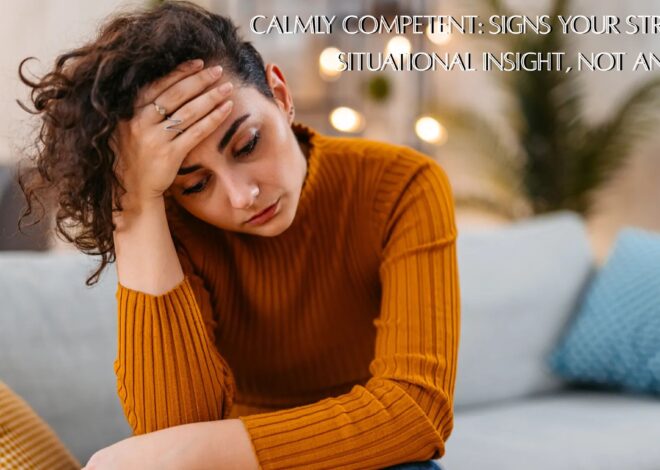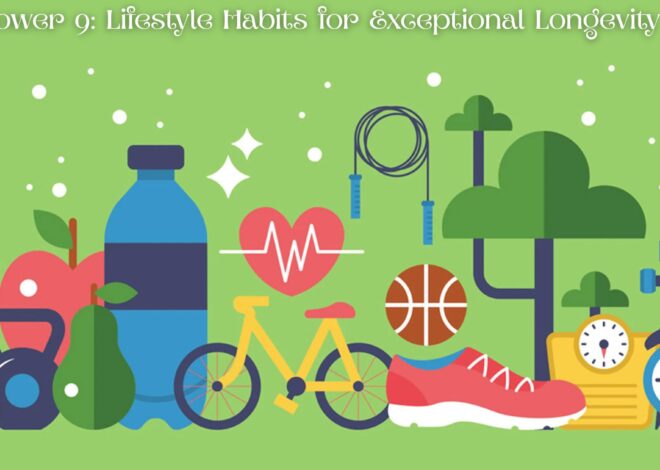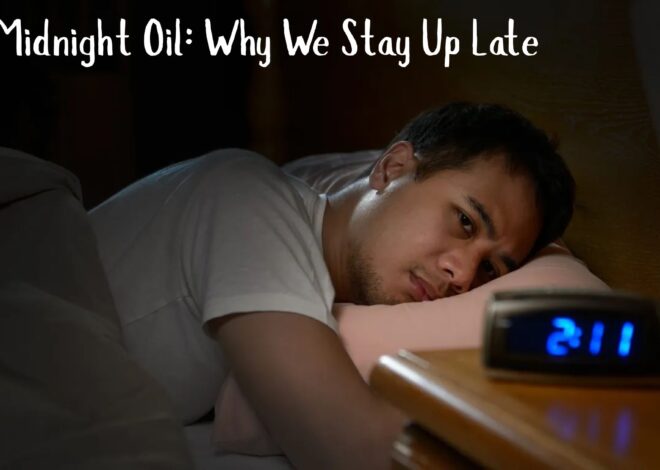
Stressed Out? You Might Be Shopping More Than You Think
The weight of deadlines, the tension of disagreements, the overall feeling of being beaten – pressure can manifest in infinite methods. For many, this internal strain can result in an sudden urge: the desire to buy something. Perhaps you find yourself idly scrolling thru on-line stores after a mainly taxing day, or perhaps a surprising impulse leads you to purchase that object you hadn’t even considered before.
This phenomenon, often referred to as “stress purchasing” or maybe “retail therapy,” is a particularly not unusual manner humans try to address feelings of anxiety, sadness, or frustration. The act of acquiring something new can provide a temporary carry, a fleeting second of excitement or manipulate in an in any other case traumatic situation.
However, this quick-time period remedy often comes at a price. While the preliminary buy may provide a non-permanent distraction or a small dopamine hit, the lengthy-term outcomes of pressure-precipitated overspending can cause financial pressure, guilt, and even more stress.
This blog aims to delve deeper into the psychological connection among pressure and our shopping conduct. We’ll explore why we flip to shopping for matters whilst we’re feeling compelled, help you discover the telltale signs and symptoms that you might be a “pressure consumer,” and, most importantly, offer sensible and more healthy techniques for navigating strain without accomplishing on your pockets. Let’s unpack this complicated relationship and locate extra sustainable methods to cope.
The Psychology of Stress Shopping
The urge to store when burdened is not random; it is often rooted in our mind’s herbal responses and psychological desires. Understanding those underlying mechanisms can shed light on why this coping mechanism is so regularly occurring.
- The Brain’s Reward System: The act of obtaining something new, whether it’s a small treat or a larger buy, can trigger the release of dopamine inside the mind. This neurotransmitter is a key player in our praise system, related to emotions of delight, delight, and motivation. This dopamine surge provides a transient temper boost, making purchasing an appealing short repair while feeling down or anxious.
- Emotional Regulation: Shopping can serve as a powerful distraction from terrible feelings. When emotions of tension, disappointment, or maybe boredom rise up, the act of browsing, selecting, and shopping can shift our recognition outward, quickly diverting our attention from the internal soreness. It’s a way to keep away from confronting the underlying emotional problems.
- Sense of Control: Stress regularly stems from feeling a lack of manage over our situations. In comparison, the act of choosing and purchasing objects, even small ones, can provide a brief phantasm of control and company. We get to determine what we need, what we want (or suppose we want), and we have the electricity to finish the transaction. This may be specifically attractive while different components of life feel chaotic or unmanageable.
- Identity and Self-Soothing: Sometimes, the gadgets we buy are tied to our preferred self-photograph or act as a form of self-soothing. A new outfit may make us feel more confident, a consolation meals purchase can provide a feel of nurturing, or a gadget would possibly align with how we want to peer ourselves. These purchases can provide a transient sense of consolation or validation.
- The Cycle of Relief and Guilt: The transient effective emotions related to pressure buying are frequently brief-lived. Once the initial pleasure fades, feelings of guilt, regret, and tension about overspending can creep in. This can create a vicious cycle where the pressure that brought on the purchasing in the first region is now compounded by means of monetary worries, main to further emotional misery and potentially greater pressure-caused purchasing.
Are You a Stress Shopper? Identifying the Signs
Recognizing in case you’re using buying as a strain coping mechanism is step one towards breaking the addiction. Here are a few commonplace signs which you might be a stress client:
- Impulsive Purchases: Do you often discover your self-buying stuff you do not definitely want or hadn’t planned to gather, often on a whim? These purchases might feel properly inside the moment but later lead to litter or regret.
- Shopping After a Bad Day: Is your instantaneous reaction to a demanding occasion at paintings, a confrontation with a loved one, or a widespread feeling of crush to browse online stores or head to the mall? Do you notice purchasing as a manner to “deal with yourself” after a difficult time?
- Hiding Purchases: Do you experience the need to conceal your buying conduct or new acquisitions from your companion, circle of relatives, or friends out of guilt or a experience that they wouldn’t approve? This secrecy frequently shows an underlying awareness that your spending is probably difficult.
- Spending Beyond Your Budget: When feeling stressed, do you often exceed your pre-set economic limits? Do you discover yourself rationalizing these overspends as important to your properly-being in that moment?
- Feeling a Temporary High: Do you enjoy a quick surge of exhilaration, delight, or remedy while purchasing, simplest to be observed by a dip in mood, guilt, or anxiety once the purchase is made? This emotional rollercoaster is a key indicator of pressure-associated buying.
- Using Shopping as Avoidance: Do you locate your self-purchasing to keep away from confronting the real sources of your pressure? Is the act of purchasing a distraction from coping with difficult emotions, problems, or responsibilities?
- Increased Online Browsing: Even if you do not usually make a purchase, do you spend an excessive amount of time surfing online stores, filling virtual carts, or learning capability buys while feeling burdened, anxious, or bored? This can be a precursor to real spending.
The Vicious Cycle: How Stress Shopping Can Increase Stress
The brief relief supplied through stress purchasing can quickly turn into a vast source of further distress, creating a damaging cycle it truly is hard to break. Here’s how this happens:
- Financial Strain: The most direct result of stress-prompted overspending is frequently economic pressure. Regularly exceeding your price range results in debt accumulation, multiplied anxiety approximately paying bills, and an average feel of economic insecurity. This added monetary pressure handiest serves to increase present pressure levels.
- Relationship Issues: Hiding purchases and the monetary pressure because of overspending can significantly affect relationships. Secrets erode agree with, and disagreements approximately money are a chief supply of warfare between partners and within families. This relational pressure further contributes to standard emotional burden.
- Emotional Toll: The initial excessive of a purchase is regularly observed through feelings of guilt, disgrace, and regret over the impulsive spending. These bad feelings can worsen the very feelings of stress, anxiety, or sadness that induced the buying within the first vicinity, growing a vicious cycle of emotional distress and the urge to shop once more for temporary alleviation.
- Ignoring Root Causes: By relying on buying as a coping mechanism, people keep away from addressing the underlying reasons of their pressure. Whether it’s work pressure, relationship troubles, or personal insecurities, those troubles continue to be unresolved and retain to contribute to feelings of overwhelm, perpetuating the want for the temporary escape that shopping offers.
- Time Management Issues: Excessive time spent surfing on line shops, visiting department stores, and attractive in buying sports consumes treasured time that could be dedicated to more effective responsibilities, accomplishing strain-reducing interests, or spending quality time with loved ones. This inefficient use of time can cause in addition stress related to unfulfilled responsibilities and a scarcity of personal nicely-being.
Breaking the Habit: Healthier Ways to Cope with Stress
Breaking the cycle of strain buying requires aware attempt and a shift closer to healthier coping mechanisms. Instead of in search of temporary solace in purchases, explore those extra sustainable methods to manage stress:
- Identify Your Stressors: The first crucial step is to apprehend what triggers your stress. Keep a magazine or pay close interest to situations and thoughts that lead to emotions of weigh down or anxiety. Once you pick out those triggers, you may begin to develop techniques for handling or fending off them.
- Mindfulness and Meditation: Practicing mindfulness entails that specialize in the existing moment without judgment. Meditation strategies can assist calm the thoughts, boom self-cognizance, and reduce impulsive reactions to worrying emotions, which include the urge to save.
- Physical Activity: Exercise is a powerful stress reliever. Engaging in activities you revel in, together with walking, going for walks, yoga, or dancing, releases endorphins, that have mood-boosting results and can assist alleviate anxiety.
- Spending Time in Nature: Connecting with the natural global has been proven to reduce pressure hormones and promote feelings of calm and well-being. Even a short stroll in a park or spending time in a garden can be useful.
- Social Connection: Talking to depended on pals, circle of relative’s contributors, or a therapist can provide precious emotional guide for the duration of demanding times. Sharing your feelings and stories permit you to feel much less on my own and advantage new views.
- Creative Outlets: Engaging in innovative hobbies like painting, writing, gambling track, or crafting can be therapeutic and provide a wholesome manner to explicit emotions and channel pressure.
- Setting Financial Boundaries: Creating a sensible finance and consciously tracking your spending can help you gain control over your finances and prevent strain-prompted overspending. Knowing your economic limits can lessen anxiety related to cash.
- Delaying Purchases: When the urge to shop arises due to stress, put into effect a “waiting length.” For instance, wait 24-48 hours before buying any non-important objects. Often, the impulse will skip, and you’ll realize you didn’t want the object in spite of everything.
- Seeking Professional Help: If your pressure stages and purchasing behavior are drastically impacting your life, don’t hesitate to are seeking professional assist. A therapist let you deal with the underlying causes of your strain and increase healthier coping techniques, while a economic guide can provide steering on dealing with your spending.
Practical Tips to Curb Stress-Related Shopping
Implementing sensible techniques to each day life can notably lessen the urge to shop while burdened. These actionable tips assist you to create barriers between your emotional country and your spending habits, paving the way for healthier coping mechanisms.
- Unsubscribe from Marketing Emails: Reduce the constant temptation via unsubscribing from promotional emails and newsletters from your favored retailers. Limiting your publicity to centered advertising can decrease impulsive dreams.
- Avoid Browsing When Stressed: Become privy to your triggers. If you generally tend to browse on line shops or go to department shops when feeling overwhelmed, make a conscious effort to avoid those environments during disturbing times. Find opportunity activities as a substitute.
- Create a “Wait List” Instead of Buying: When the urge to make a non-vital purchase strikes, face up to the instant gratification. Instead, upload the object to a “wait list” and promise yourself you may revisit it after a fixed duration (e.g., 24-48 hours). Often, the desire can have diminished.
- Find Free or Low-Cost Alternatives: Actively searching for out enjoyable and pressure-relieving activities that do not involve spending cash. This may want to include going for a stroll, reading a book, listening to song, spending time with cherished ones, or pursuing a hobby.
- Track Your Spending: Keep a close eye on where your money goes. Using a budgeting app or a easy spreadsheet to music your expenses can boom your consciousness of your spending patterns and spotlight any pressure-related spikes in your purchases.
Conclusion
Stress buying, whilst a common reaction to difficult feelings, can in the end create greater issues than it solves. Cultivating mindfulness round your spending habits and expertise your emotional triggers are vital steps toward breaking this cycle. Remember which you have the strength to pick out more healthy and extra sustainable ways to navigate strain and construct a greater secure and gratifying lifestyles.



